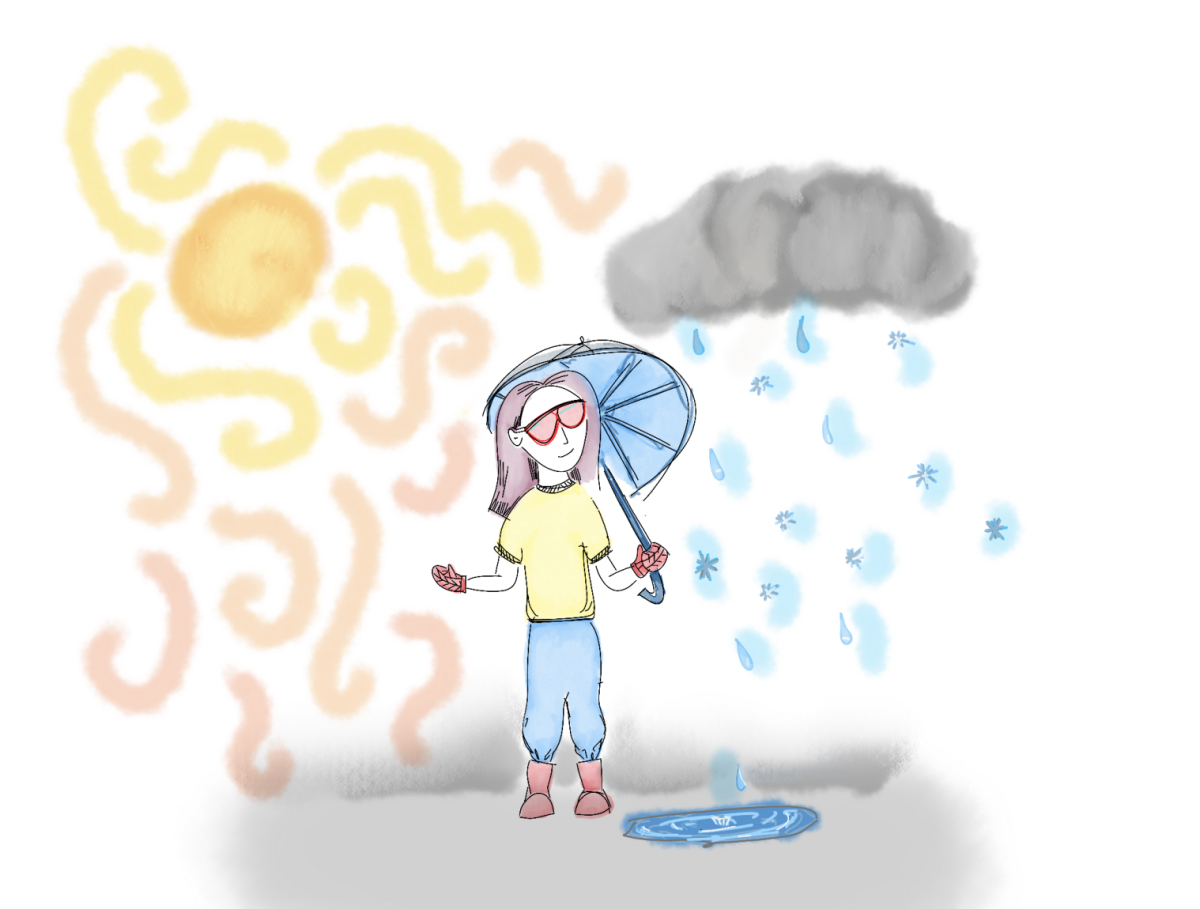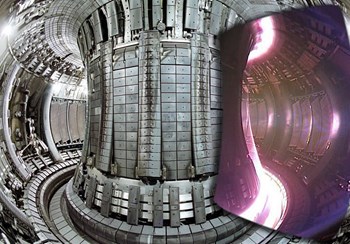Groton is embarking on a massive transition as some of the most foundational teachers are retiring. Mr Belsky, who has taught 3rd form Bio for many years, is retiring at the end of the spring. This transition is an opportunity for the school to reimagine 3rd form science, possibly creating a more environmentally focused curriculum and a push to popularize Dr. Black’s Ecology. Ecology has been taught at Groton for 12 years, on average 25-30 students from the third form class would take his course, but in recent years the program has shrunk as now it is typical for only 13-16 students to be seen in Dr Black’s classroom. Often students have felt more comfortable in the traditional high school science path of biology than chemistry and finally physics, as well as viewing 3rd form bio as a necessary prerequisite to the future AP. While there are pros to this conventional course there is a lack of environmental science education for a typical high schooler. The earth’s climate is constantly changing as each year there is a new record breaking heat wave and freeze, or a snowstorm in April. The climate crisis can often feel overwhelming and hopeless but each person has an ability to create change. It starts with education.
I was able to talk to Dr Black about his Ecology course in order to understand the similarities and differences to the bio curriculum while also learning about his work to educate on climate change. The most prominent overlap in Dr. Black and Mr Belsky’s classes are the evolution units and basic ecological principles. Ecology centers its lessons on human evolution and the connection between environment and population success. The class solidifies how humans are just another species that evolve and change based on their environment: ice ages brought population decline while industrialisation of agriculture caused an increase. Dr. Black’s focused education on climate change prepares students to recognize the effects a declining environment has on humans and how to track, predict climate shifts. Dr Black believes“ it is one of the most important things that we need to teach every Groton student that climate change is real and there is a lot we don’t know but it has the potential to be disastrous.” No matter what science course a student takes at Groton, climate change should be acknowledged and understood.
A school where every student is informed of the effects of climate change is a school where conscious choices are made to reduce waste and carbon emissions. Belmont Hill school requires an environmental science course for freshmen in order to create a passionate student body that pushes for positive change on their campus. Groton school has been given an opportunity to rewrite the 3rd form science program to possibly emphasize environmental education for students. As a school that prides itself on shaping well rounded thinkers who use their education to become strong leaders, the lack of climate education for an average student leads to a static world. Change starts with education and grows into action.




